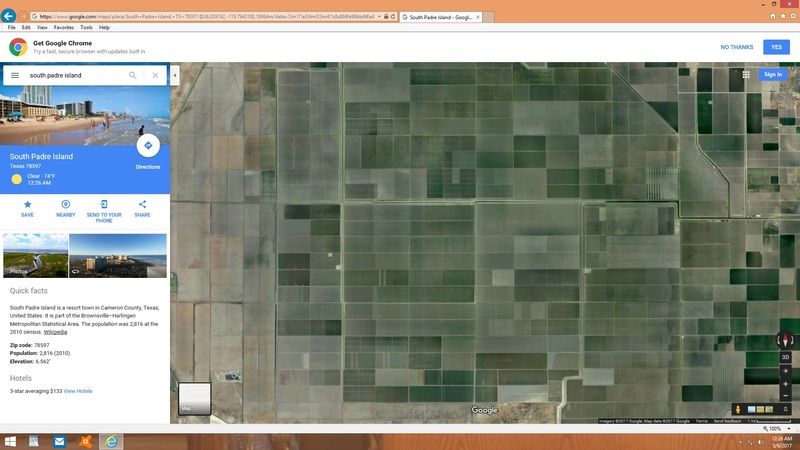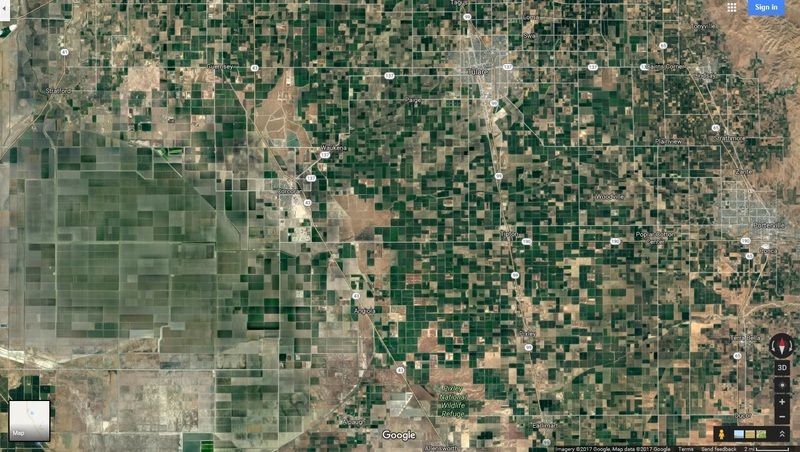- Joined
- Dec 22, 2006
- Messages
- 663
Hey folks,
I just received this information from a friend. This is of major importance to all insect enthusiasts in California. although the wording if for scientific collecting it is going impact all insect collect, scientific and hobby. It is vital that Fish and game get a flood of protest so I encourage all members of this forum to send a letter to Calif fish and game. However any emails should be as professional as possible, no cursing or name calling as this will cause them to disregard the input and make as a group look bad.
Your email should be addressed as follows.
Subject: Scientific Collecting Permits ATTN: Ona Alminas
To: California Department of Fish and Wildlife
Regulations Unit - Scientific Collecting Permits
Attn: Ona Alminas, Environmental Scientist
1416 Ninth Street, Room 1342-A
Sacramento, CA 95814
Phone: 916-651-9167
Email: SCPermits@wildlife.ca.gov
Below is a good example of a professional letter sent in by Phil Ward.
You might have heard about the draconian regulations that the California Department of Fish and Wildlife is proposing regarding collection permits for insects and other terrestrial invertebrates. There is a public comment period until May 8, I would encourage others to independently protest the proposed regulations. Information about them is here: https://www.wildlife.ca.gov/Notices/Regulations/SCP. It is really hard to wade through the legalese, but the specific forms and regulations that affect insect collecting are:
Scientific Collecting Permit, General Use – Application (Terrestrial Wildlife)
Scientific Collecting – Mandatory Wildlife Report
Scientific Collecting – Notification of Field Activity
Scientific Collecting – Standard Conditions for all Permits
The inappropriateness of these regulations for insects is self-evident. Read and protest.
I write to express my concern about the broader aspects of proposed regulations of Scientific Collecting Permits (SCP). I am one of many entomologists in the state of California who conducts field work which involves sampling of insects. Such field work can include trapping of insect pests, monitoring of medically important arthropods such as mosquitos, procurement of insects for ecological and behavioral studies, collection of insects during the teaching of entomology classes, and the surveying of insects for taxonomic and biodiversity investigations. We usually cannot predict beforehand what species or quantities of insects will be encountered. Moreover, the decision to engage in field work will often be made on an ad hoc basis, depending on weather, the threat of pest outbreaks, availability of field assistants, etc. Many insect samples, particularly those collected for taxonomic purposes, will remain unsorted to species for months or even years, until taxonomic experts have an opportunity to examine the material. It should also be noted that there are literally tens of thousands of species of insects in California—the exact number is unknown but it could well exceed 50,000, and many of these are not yet described.
Under these conditions the current and proposed SCP regulations, as they concern non-endangered terrestrial invertebrates, are unjustified and intrusive, an example of inappropriate government regulation of a benign scientific activity. Of course, if collecting activity affects endangered or threatened species, or it is occurring on state or federal parklands, there is a need for oversight. But to require a state permit for scientific collection of any insects, anywhere, and to saddle this with unrealistic reporting requirements, is a misguided policy that will only serve to undermine the advancement of education and research in this state. The proposed regulations also impose a burden on California agriculture and public health programs, because comprehensive sampling and monitoring of insects is integral to the development of more sustainable and environmentally friendly pest management technology.
These arguments apply equally to other terrestrial invertebrates such as nematodes, centipedes, millipedes, mites, ticks, spiders, and many others. Collection of these organisms, as well as insects, should not require a scientific collecting permit from CDFW unless they fall under the category of threatened or endangered species, or species of special concern. Except for those species having protected status, terrestrial invertebrates should be removed from the proposed regulations, thereby eliminating an unnecessary provision that serves no useful purpose, and imposes an unjustified burden on entomologists and other scientists. This is just a matter of simple common sense.
Yours sincerely,
Philip S. Ward
I just received this information from a friend. This is of major importance to all insect enthusiasts in California. although the wording if for scientific collecting it is going impact all insect collect, scientific and hobby. It is vital that Fish and game get a flood of protest so I encourage all members of this forum to send a letter to Calif fish and game. However any emails should be as professional as possible, no cursing or name calling as this will cause them to disregard the input and make as a group look bad.
Your email should be addressed as follows.
Subject: Scientific Collecting Permits ATTN: Ona Alminas
To: California Department of Fish and Wildlife
Regulations Unit - Scientific Collecting Permits
Attn: Ona Alminas, Environmental Scientist
1416 Ninth Street, Room 1342-A
Sacramento, CA 95814
Phone: 916-651-9167
Email: SCPermits@wildlife.ca.gov
Below is a good example of a professional letter sent in by Phil Ward.
You might have heard about the draconian regulations that the California Department of Fish and Wildlife is proposing regarding collection permits for insects and other terrestrial invertebrates. There is a public comment period until May 8, I would encourage others to independently protest the proposed regulations. Information about them is here: https://www.wildlife.ca.gov/Notices/Regulations/SCP. It is really hard to wade through the legalese, but the specific forms and regulations that affect insect collecting are:
Scientific Collecting Permit, General Use – Application (Terrestrial Wildlife)
Scientific Collecting – Mandatory Wildlife Report
Scientific Collecting – Notification of Field Activity
Scientific Collecting – Standard Conditions for all Permits
The inappropriateness of these regulations for insects is self-evident. Read and protest.
I write to express my concern about the broader aspects of proposed regulations of Scientific Collecting Permits (SCP). I am one of many entomologists in the state of California who conducts field work which involves sampling of insects. Such field work can include trapping of insect pests, monitoring of medically important arthropods such as mosquitos, procurement of insects for ecological and behavioral studies, collection of insects during the teaching of entomology classes, and the surveying of insects for taxonomic and biodiversity investigations. We usually cannot predict beforehand what species or quantities of insects will be encountered. Moreover, the decision to engage in field work will often be made on an ad hoc basis, depending on weather, the threat of pest outbreaks, availability of field assistants, etc. Many insect samples, particularly those collected for taxonomic purposes, will remain unsorted to species for months or even years, until taxonomic experts have an opportunity to examine the material. It should also be noted that there are literally tens of thousands of species of insects in California—the exact number is unknown but it could well exceed 50,000, and many of these are not yet described.
Under these conditions the current and proposed SCP regulations, as they concern non-endangered terrestrial invertebrates, are unjustified and intrusive, an example of inappropriate government regulation of a benign scientific activity. Of course, if collecting activity affects endangered or threatened species, or it is occurring on state or federal parklands, there is a need for oversight. But to require a state permit for scientific collection of any insects, anywhere, and to saddle this with unrealistic reporting requirements, is a misguided policy that will only serve to undermine the advancement of education and research in this state. The proposed regulations also impose a burden on California agriculture and public health programs, because comprehensive sampling and monitoring of insects is integral to the development of more sustainable and environmentally friendly pest management technology.
These arguments apply equally to other terrestrial invertebrates such as nematodes, centipedes, millipedes, mites, ticks, spiders, and many others. Collection of these organisms, as well as insects, should not require a scientific collecting permit from CDFW unless they fall under the category of threatened or endangered species, or species of special concern. Except for those species having protected status, terrestrial invertebrates should be removed from the proposed regulations, thereby eliminating an unnecessary provision that serves no useful purpose, and imposes an unjustified burden on entomologists and other scientists. This is just a matter of simple common sense.
Yours sincerely,
Philip S. Ward


